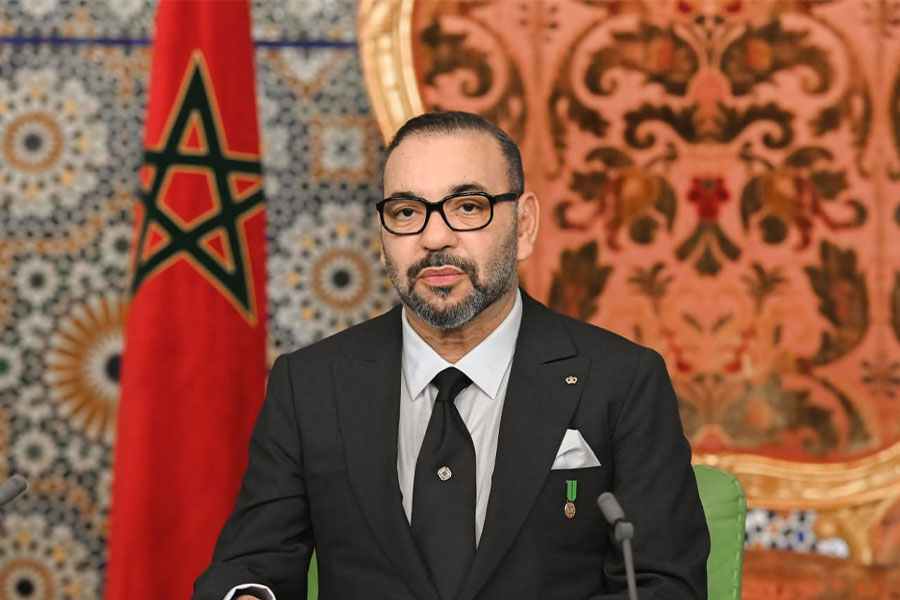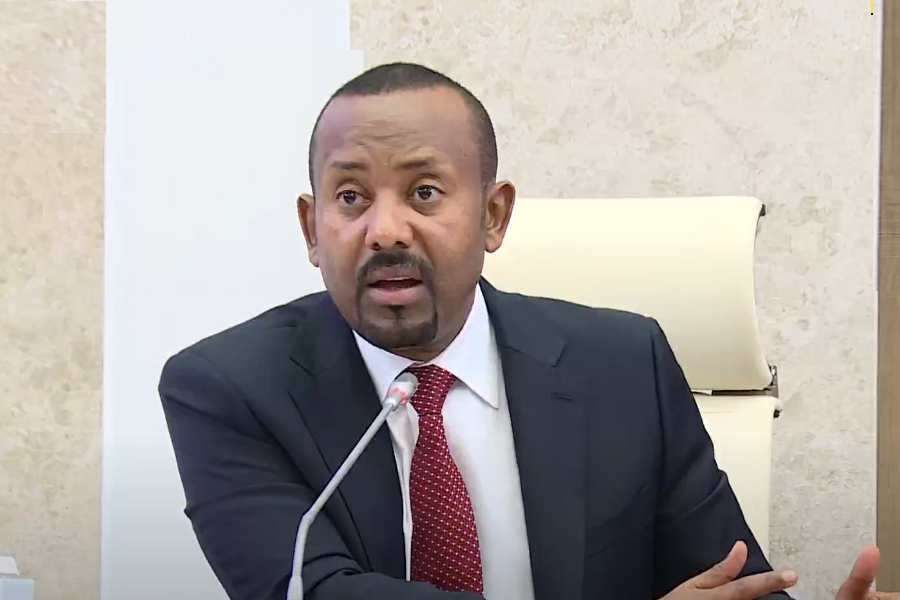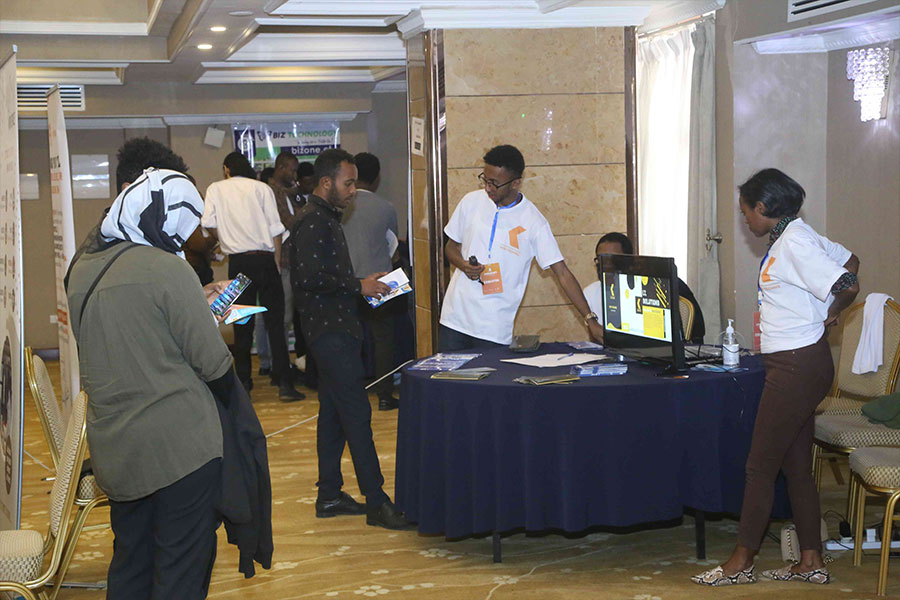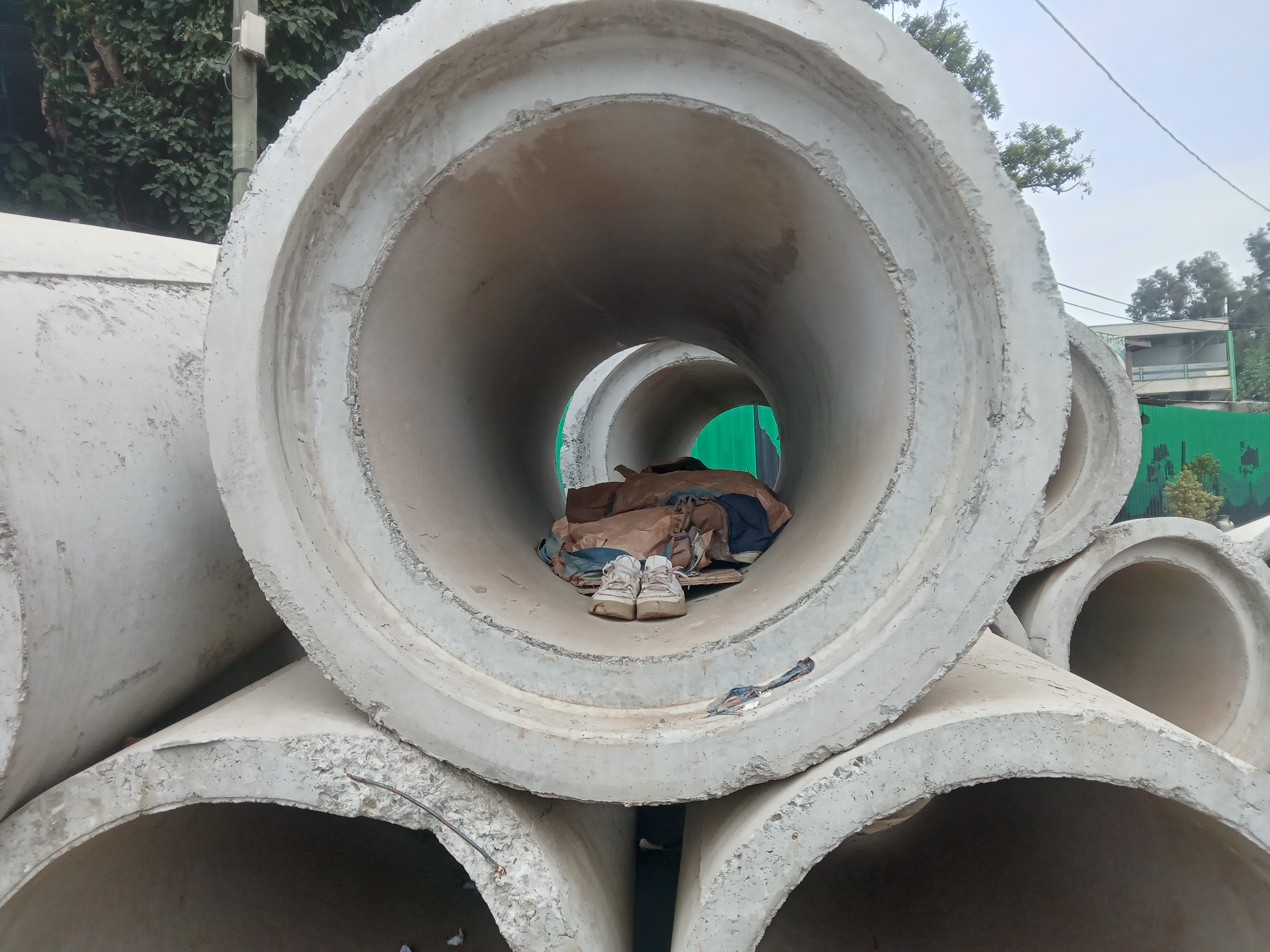
Advertorials | Jun 03,2025
Jul 4 , 2024

Ethiopia's federal legislative house has unanimously ratified a budget bill of 971.2 billion Br, which needs a domestic borrowing of 325.6 Br to cover the deficit.
An MP, Abdulmajid Mohammed, urged the administration of Prime Minister Abiy Ahmed (PhD) to pay close attention to dealing with the budget deficit and how to finance it. He called for a cracked down on official corruption.
"The business community is frustrated with a bureaucracy that hardly functions without bribes," said the MP.
It is a call echoed by other MPs who recalled damning revelations of official unaccountability Parliament heard from the Federal Auditor General a few weeks ago. The session saw inquiries directed at Prime Minister Abiy, reflecting the country's numerous crises.
Lawmakers expressed concerns about key infrastructure projects in Addis Abeba, citing delays, budget overruns, and ineffective management. The rising cost of living was also a major issue, with MPs seeking clarification on plans to tackle inflation and support vulnerable populations. National security and the implementation of the Pretoria Accord were other pressing topics, especially regarding conflict-prone areas in Amhara, Oromia, and Tigray.
Prime Minister Abiy addressed these issues, focusing on the country's economic achievements despite the challenges. He noted Ethiopia's reduction of external debt to GDP to 17.5pc and the halving of the tax deficit to 2.7pc of GDP. However, he blamed contraband trade, tax evasion, and fraud for hindering domestic tax mobilisation.
Abiy reported that Ethiopia's export trade of goods and services was limited to 10 billion dollars in 2023/24 due to the security crisis in the Red Sea corridor. The balance of payments showed 23 billion dollars in earnings, including 6.5 billion dollars from remittances and three billion dollars from foreign direct investment.

The Prime Minister acknowledged the financial sector's needs but praised progress in financial inclusion, noting the presence of 31 commercial banks and a Non-Performing Loan ratio below the five percent global average. He also mentioned that the government had foregone 10 billion Br from duties on imported food items.
Abiy presented a positive outlook for the industrial sector, reporting a 10.1pc growth rate, despite UNDP findings to the contrary. He credited successes in cement manufacturing and the establishment of free trade zones. While the Prime Minister may tout success stories, the lived experience of many manufacturers paints a far bleak picture. The manufacturing sector contends with security concerns, foreign currency shortages, frequent utility blackouts, and excessive bureaucratic red tape that act as roadblocks to its progress. With many factories operating at an average 20pc capacity, the manufacturing sector's contribution to the GDP has actually declined by 1.5pc last year. A recent study by the United Nations Development Programme (UNDP) further validates these struggles, revealing the closure of 450 factories in 2022 alone, disclosing that the share of manufacturing to the GDP has declined to 4.5pc.
The steel industry has recently made a desperate plea, claiming his administration's policy favouring importers has pushed them to the brink of collapse. The local pharmaceutical manufacturers are also worried about the additional burden of a looming property tax urging the federal government to look into their case.
On the diplomacy front, Abiy reiterated Ethiopia's demand for access to the sea, calling it a legitimate demand.
Ethiopia may receive 10.5 billion dollars in external assistance following a deal with the IMF for further fiscal and monetary reforms, according to Abiy. He claimed that the "reform agenda" over the past five years has increased Ethiopia's GDP to 205 billion dollars, comparable to the economies of six regional countries combined.
Prime Minister Abiy also expressed frustration over Parliament's reluctance to pass an asset seizure bill, arguing it is a necessary tool to combat corruption. "Do you want us [the parliamentarians] to fight corruption? Does the public want us to fight corruption?" he asked.

Advertorials | Jun 03,2025

My Opinion | Mar 20,2021

Radar | Jun 25,2022

Fortune News | Aug 12,2023

Radar | Jul 13,2025

Fortune News | Dec 01,2024

Radar | Sep 29,2024

Radar | Apr 15,2023

In-Picture | Aug 30,2025

Radar | Apr 24,2023

Photo Gallery | 173613 Views | May 06,2019

Photo Gallery | 163833 Views | Apr 26,2019

Photo Gallery | 153843 Views | Oct 06,2021

My Opinion | 136537 Views | Aug 14,2021

Oct 11 , 2025
Ladislas Farago, a roving Associated Press (AP) correspondent, arrived in Ethiopia in...

Oct 4 , 2025
Eyob Tekalegn (PhD) had been in the Governor's chair for only weeks when, on Septembe...

Sep 27 , 2025
Four years into an experiment with “shock therapy” in education, the national moo...

Sep 20 , 2025
Getachew Reda's return to the national stage was always going to stir attention. Once...